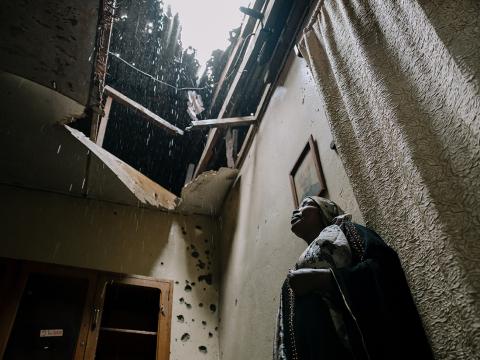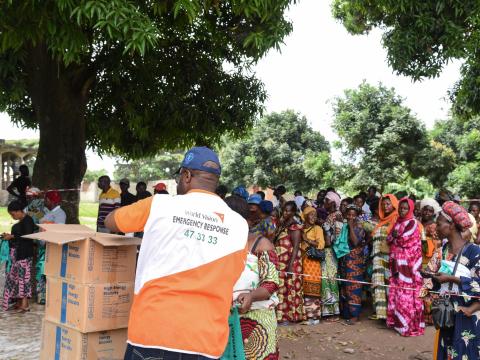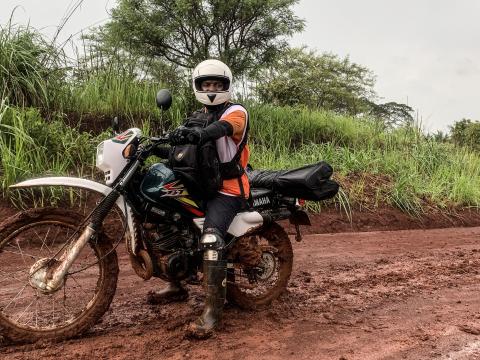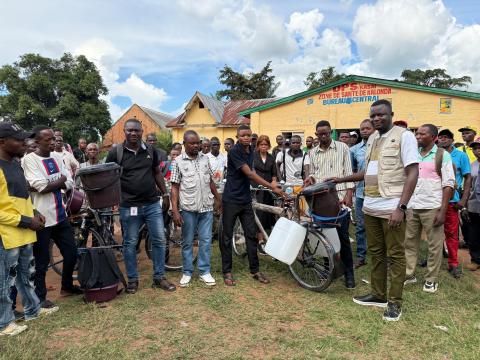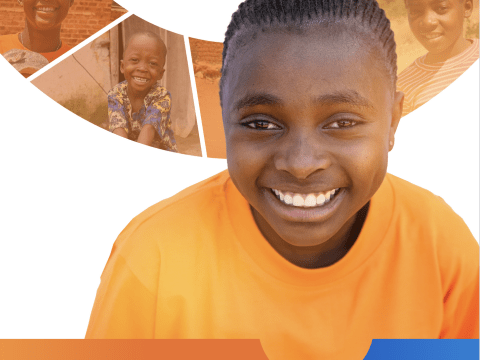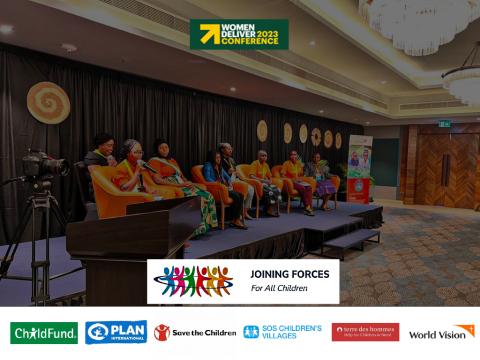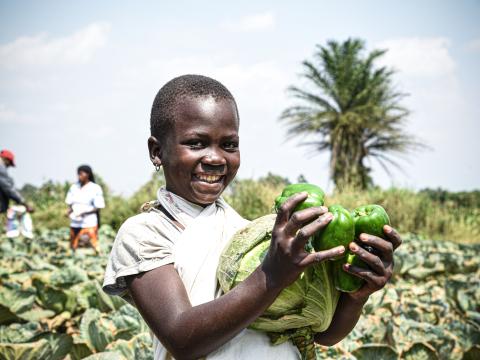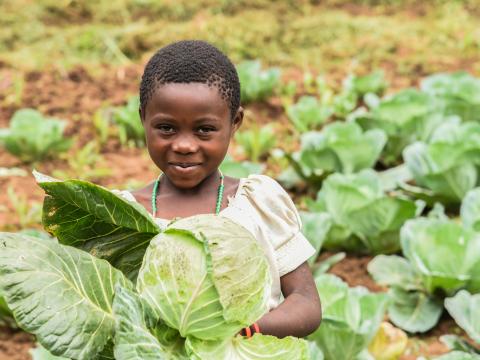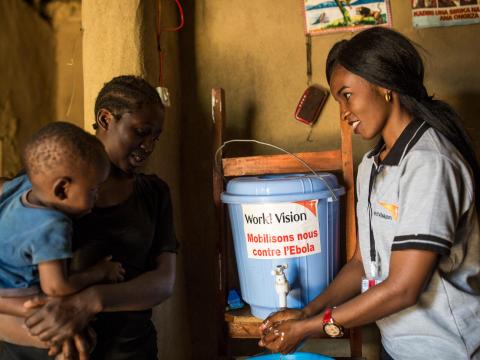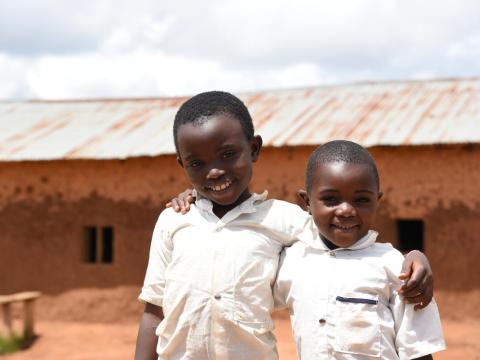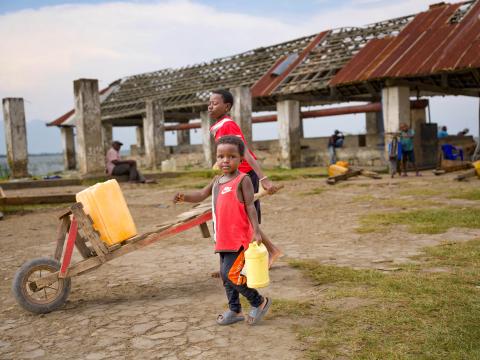
Congo
World Vision Democratic Republic of Congo
World Vision has helped vulnerable children and families in the Democratic Republic of Congo since 1984.
Today, we work, in partnership with local organizations in 12 provinces. In the next strategy cycle, we will expand our program by adding four more areas. These areas are lturi, Kwilu, Haut Lomami, and Kasai.
Grounded firmly in our Christian faith, we tackle the spiritual roots of vulnerability and empower children, families, and communities through integrated and transformational development practices and life-saving emergency responses.
We prioritize our fragile context programme to quickly address root causes and support transformative shifts, even in ongoing fragile situations.
This approach is key for our ability to work along the humanitarian-development-peace nexus.
We strategically commit to:
- Strengthen our engagement in humanitarian clusters
- Build partnerships with specialist organisations
- Ensure the use of a no-harm-approach in all our work
Integrating Wash
Our goal is to reach 130,000 people with WASH services using an integrated WASH approach. We will try to include WASH in our health, nutrition, food security, livelihoods, and education programs and projects.
We prioritize water and sanitation. We collaborate with various sectors and funding methods. Our goal is to ensure a steady flow of funds at both local and national levels. We will also contribute to national, regional, and global learning in multi-sector interventions
Good governance
Using our community scorecard methodology, "citizen voice and action" and child protection advocacy, we will promote improvements in the quality and availability of health, education, and protection services. Both models will be primary drivers for our advocacy as they generate bottom-up pressure for change.
Our long-term development program will support and enhance government efforts to improve decentralized governance and resource utilization. We will keep building good relationships with government departments and leaders to make a difference at the national level.
Fostering social inclusion
When examining the reasons for the exclusion of certain groups of children, we must take into account various social factors. These factors include age, gender, disability, and ethnicity.
We will evaluate these factors for each project and find ways to tackle harmful social norms that cause discrimination. We will work with religious leaders, children, and young people whenever possible. We will work with religious leaders, children, and young people whenever we can.
Our Impact
1,685,643
1,035,692
3,036,692
This video shows how World Vision is transforming the lives of displaced people and host families through the I-Life project funded by USAID via the BHA. 2900 households have received money and women like Bembeleza and Kawaya are among the beneficiaries whose lives have changed thanks to better use of financial aid.
Our Areas of Focus
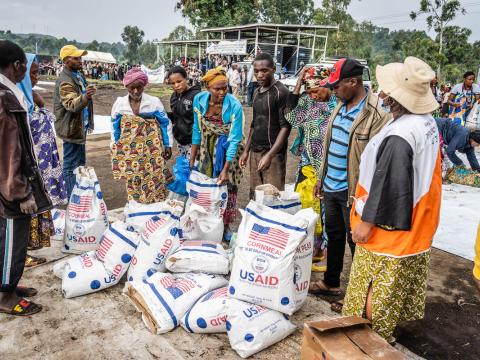
Food and Cash-based programming
World Vision DRC has a demonstrated history of managing funds from UN agencies, USAID, including BHA, FCDO, Global Affairs Canada, Government of Germany, EU, DFAT/ANCP, Global Fund and many private donors.
In FY22, we had $62.5m. $11m was for giving money to children and families in need.
World Vision DRC is a great partner for cash-based programs. We have good systems for handling private beneficiary information and cash transfers, and we already work with private companies.
We are active in the Cash Working Groups in Kinshasa, Kalemie, Goma, Bukavu, and Kananga.
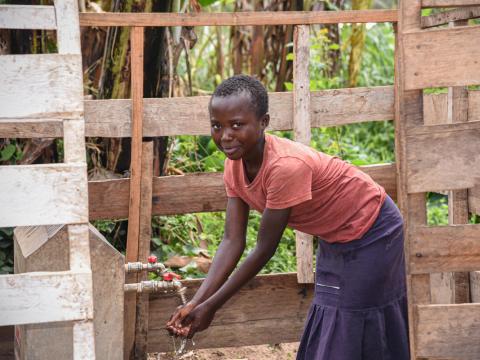
Wash Supply and Quality
World Vision has been focused on providing clean water to those who have been forgotten, marginalized, and vulnerable in the DRC.
This distinctive, unwavering focus has guided World Vision DRC as we reached nearly 1 million people in communities, 256 schools, and 58 HCF with clean water from 2016 to 2021.
We use sustainable development methods with the support of community organizations, schools, health committees, and leaders. These include: drilling and developing boreholes, establishing water supply systems equipped with power stations, and capping and rehabilitating springs.
These efforts lead to the enhancement of communities' and households self-supply of water.
